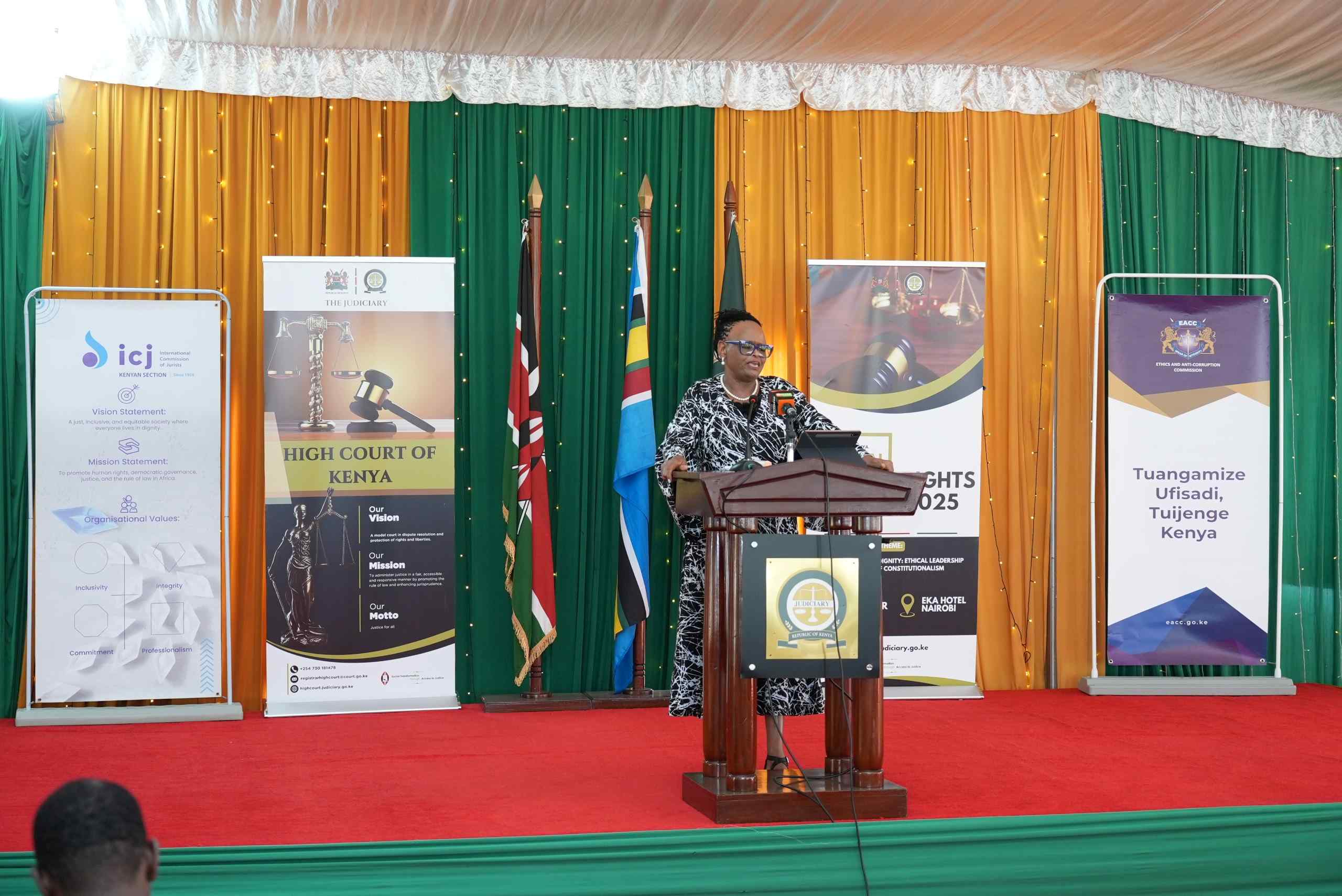Increased food, power, transport costs push inflation to 3 per cent in December

This seasonal spike, along with increases in prices of some food commodities and power, pushed up the country's inflation rate to 3.0 per cent in December, from 2.8 per cent the previous month.
The usual surge in people travelling upcountry during the end-of-year festivities triggered a rise in transport costs in December.
This seasonal spike, along with increases in prices of some food commodities and power, pushed up the country's inflation rate to 3.0 per cent in December, from 2.8 per cent the previous month.
More To Read
- FAO index shows decline in global food prices, except cereals
- World Bank warns political interference weakening Kenya’s state-owned enterprises
- Kenya sees major boost from visa-free policy as tourist numbers hit 1.8 million
- KNBS data shows uneven food price shifts as inflation dips slightly
- World Bank upgrades Kenya’s growth outlook to 4.9 per cent, warns of elevated risks
- How digital platforms are creating new pathways for youth, with riders taking home up to Sh70,000 monthly
Latest figures by the Kenya National Bureau of Statistics (KNBS) show the transport index increased by 1.8 per cent between November and December, mainly due to a surge in bus fares on some routes which rose by up to 50 per cent.
This is despite the prices of diesel and petrol declining by 1.8 per cent and 2.4 per cent, respectively in the period under review.
"Food and non-alcoholic beverages index increased by 0.7 per cent between November 2024 and December 2024," KNBS says.
In particular, prices of sifted maize flour, fortified maize flour and loose maize flour rose by 7.0, 5.8 and 1.8 per cent, respectively.
On the other hand, prices of mangoes, potatoes (Irish) and cabbages dropped by 6.2, 5.0 and 2.8 per cent, respectively.
The housing, water, electricity, gas and other fuels index increased by 0.2 per cent.
The increase was attributable to a rise in the price of 50 kWh and 200 kWh of electricity by 0.6 per cent and 0.5 per cent, respectively.
The prices of kerosene, however, declined by 2.0 per cent in the same period.
Top Stories Today













































